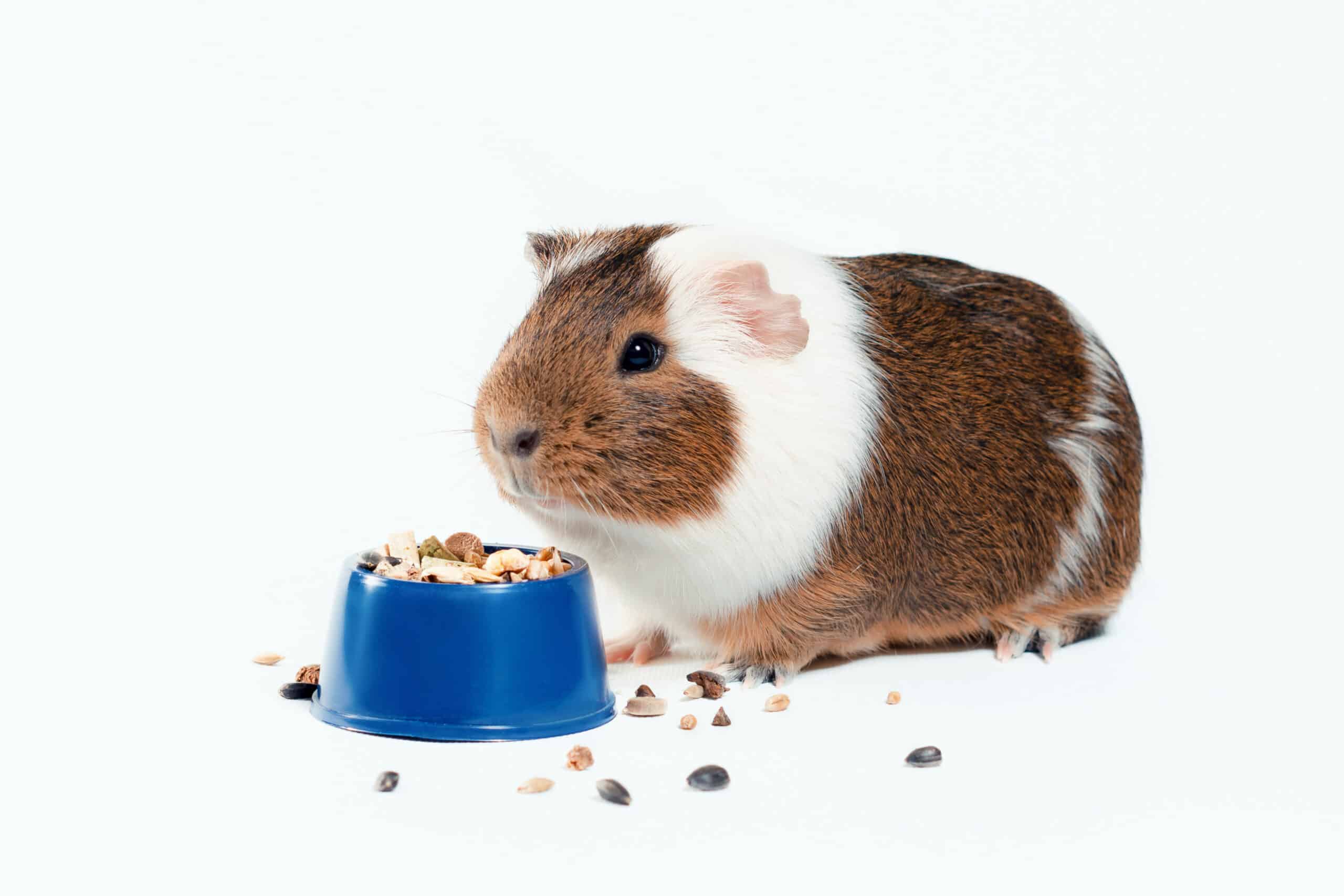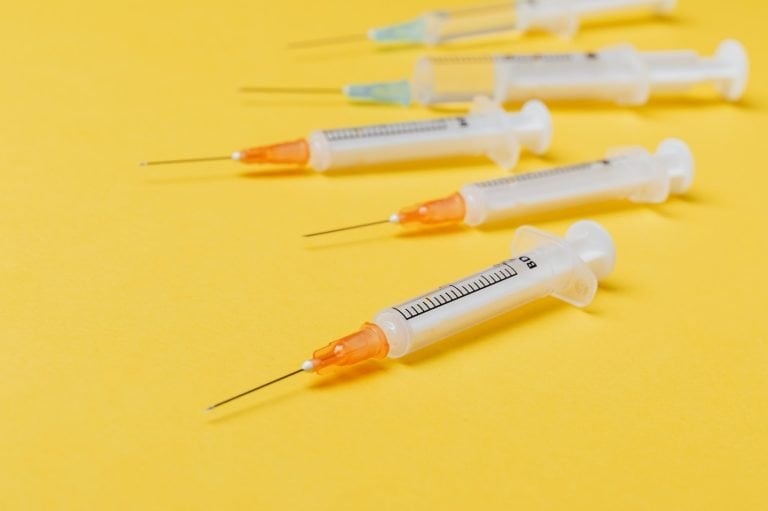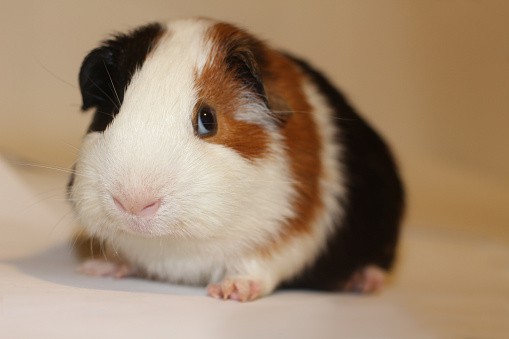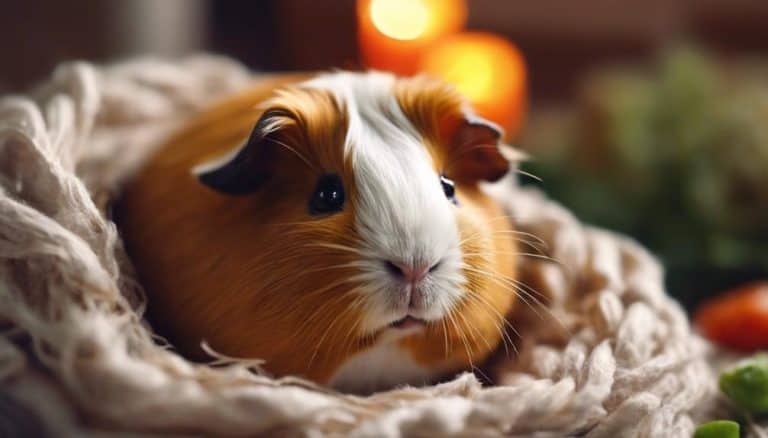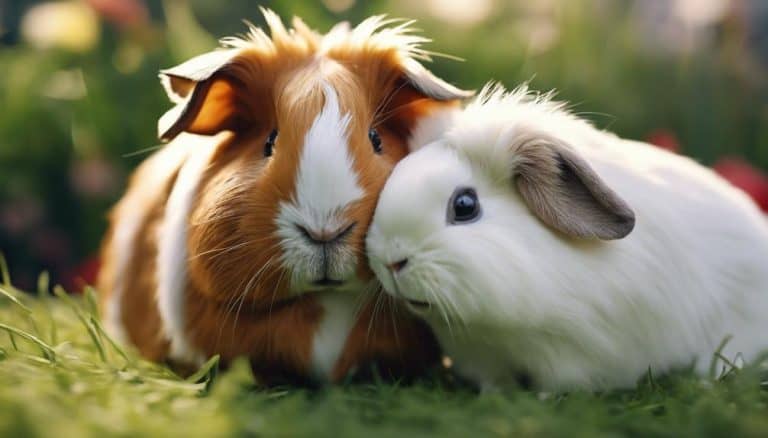Unveiling the Truth: Can Guinea Pig Food Harm Rabbits?
In the realm of pet care and nutrition, it is essential for responsible pet owners to meticulously select appropriate food options for their furry companions.
While guinea pigs and rabbits are often housed together due to their compatibility in various aspects, a looming question arises – can the consumption of guinea pig food have detrimental effects on rabbits? In this article, we delve into the depths of this query, aiming to provide an extensive exploration of whether or not guinea pig food can potentially pose harm to rabbits.
By uncovering the truth behind this matter, we aim to shed light on an issue that holds significant importance in ensuring the well-being and optimal health of these beloved pets.
The Nutritional Differences between Guinea Pig and Rabbit Food
When it comes to the diet of guinea pigs and rabbits, there are some notable differences in their nutritional needs.
- Fiber: Guinea pigs require a higher amount of fiber in their diet compared to rabbits. This is because guinea pigs have longer digestive tracts that need more fiber for proper digestion.
- Vitamin C: While both animals need vitamin C in their diets, guinea pigs have a higher requirement for this nutrient as they cannot produce it on their own. Rabbit food typically does not contain enough vitamin C to meet the needs of a guinea pig.
- Protein: Rabbits generally require more protein in their diet than guinea pigs do. Their bodies use protein differently, as rabbits rely on fermenting nutrients rather than breaking them down quickly like guinea pigs.
Overall, each animal has specific dietary requirements that are crucial for maintaining optimal health. It is important to provide them with the appropriate food formulated specifically for their species to ensure they receive all the nutrients they need.
Potential Risks of Guinea Pig Food for Rabbits
Rabbits have specific dietary requirements that differ from guinea pigs. Feeding rabbits with guinea pig food can lead to several potential risks:
- Nutritional imbalance: Guinea pig food is formulated to meet the nutritional needs of guinea pigs, which are different from those of rabbits. It typically contains higher amounts of vitamin C and carbohydrates, while being deficient in certain essential nutrients that rabbits require, such as fiber.
- Digestive issues: The lack of proper fiber content in guinea pig food can disrupt a rabbit’s delicate digestive system. Rabbits need a high-fiber diet to maintain healthy digestion and prevent gastrointestinal stasis, a potentially life-threatening condition characterized by a halt in gut movement.
- Weight gain and obesity: Guinea pig food often contains more fat and calories compared to rabbit-specific diets. Feeding rabbits this type of food regularly can lead to weight gain and obesity, predisposing them to various health complications like heart disease and arthritis.
It is essential to provide rabbits with appropriate diets tailored specifically for their unique nutritional needs rather than relying on guinea pig food as an adequate substitute.
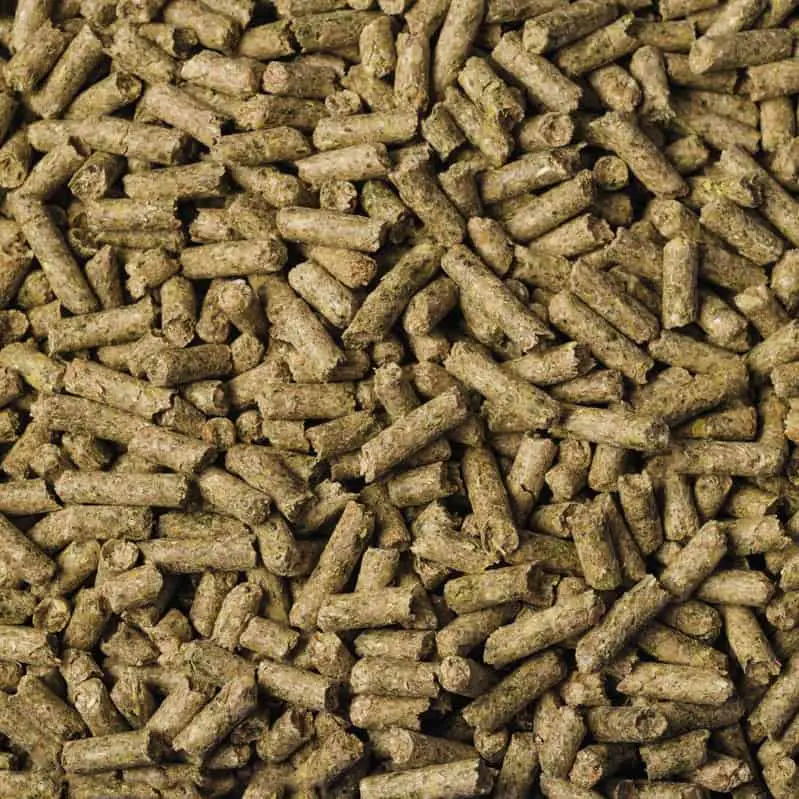
Impact of Guinea Pig Food on Rabbit Digestive Health
Guinea pig food can have detrimental effects on rabbit digestive health.
- Inadequate Nutritional Composition: Guinea pig food is formulated specifically for the dietary needs of guinea pigs, which differ significantly from those of rabbits. It may lack essential nutrients required by rabbits, such as higher levels of fiber and lower levels of protein.
- Digestive Upsets: Rabbits have a delicate digestive system that requires a high-fiber diet to keep their gastrointestinal tract functioning properly. Feeding them guinea pig food, which often contains ingredients like corn and cornmeal that are low in fiber, can lead to digestive upsets like diarrhea or constipation.
- Obesity Risk: Guinea pig food is typically higher in calories than what rabbits require. If fed exclusively with this type of food, rabbits may consume excessive amounts leading to weight gain and obesity-related issues.
For these reasons, it is important to provide rabbits with nutritionally balanced foods specifically designed for their species’ unique dietary requirements.
Safe Alternatives for Rabbit Nutrition
When it comes to feeding rabbits, there are several safe alternatives to guinea pig food that provide the necessary nutrition. Here are some options:
- Timothy hay: This is an essential part of a rabbit’s diet as it provides fiber, which aids in digestion and helps prevent hairballs.
- Fresh vegetables: A variety of fresh vegetables can be given to rabbits, such as leafy greens (e. g., romaine lettuce, spinach), carrots, bell peppers, and broccoli. These should be introduced gradually and monitored for any signs of digestive upset.
- Pelleted rabbit food: Look for a high-quality pellet specifically formulated for rabbits. Ensure that the pellets do not contain any seeds or colorful pieces commonly found in guinea pig food.
- Limited fruits: While fruits can be given as occasional treats, they should be offered sparingly due to their high sugar content.
Remember to always consult with a veterinarian before making any significant changes to your rabbit’s diet.

